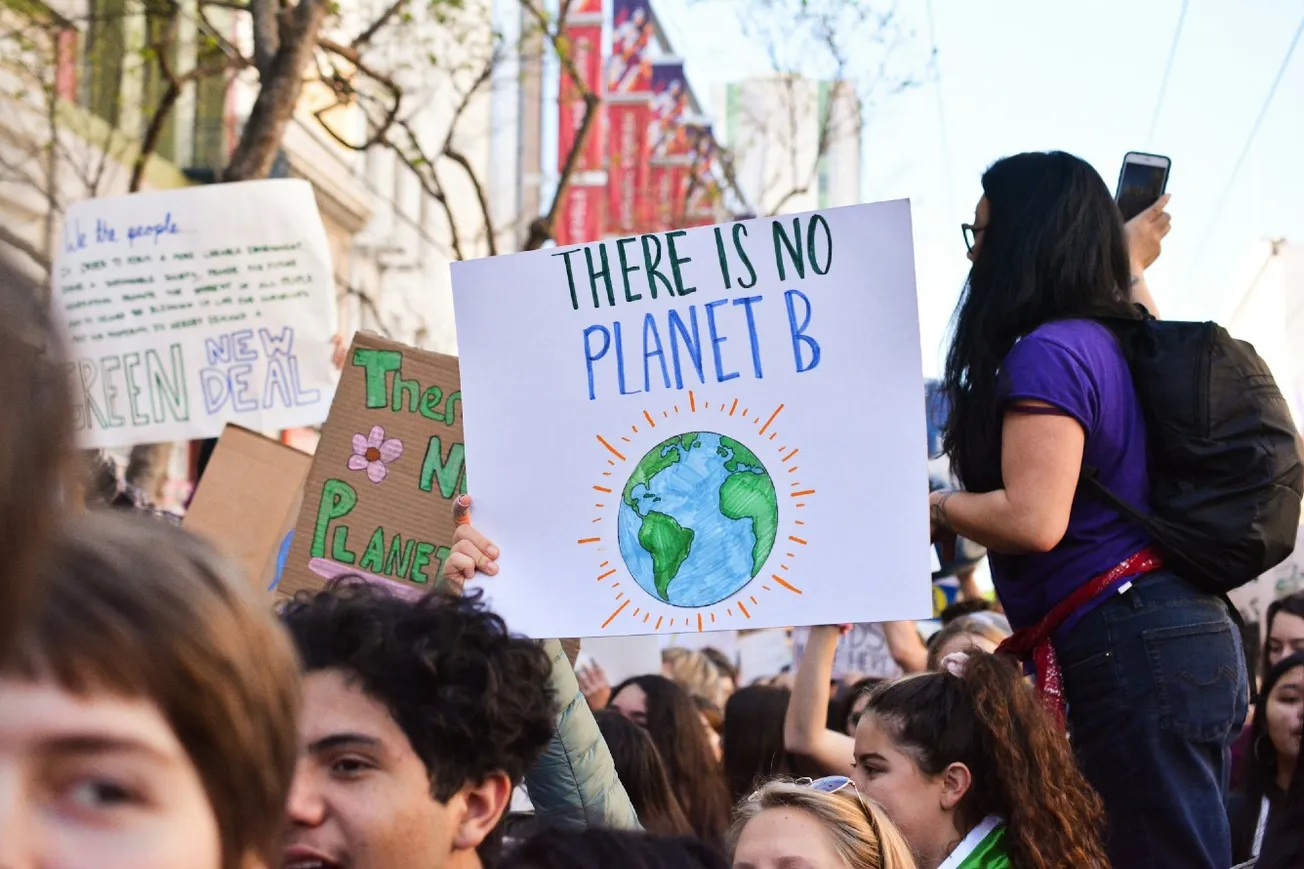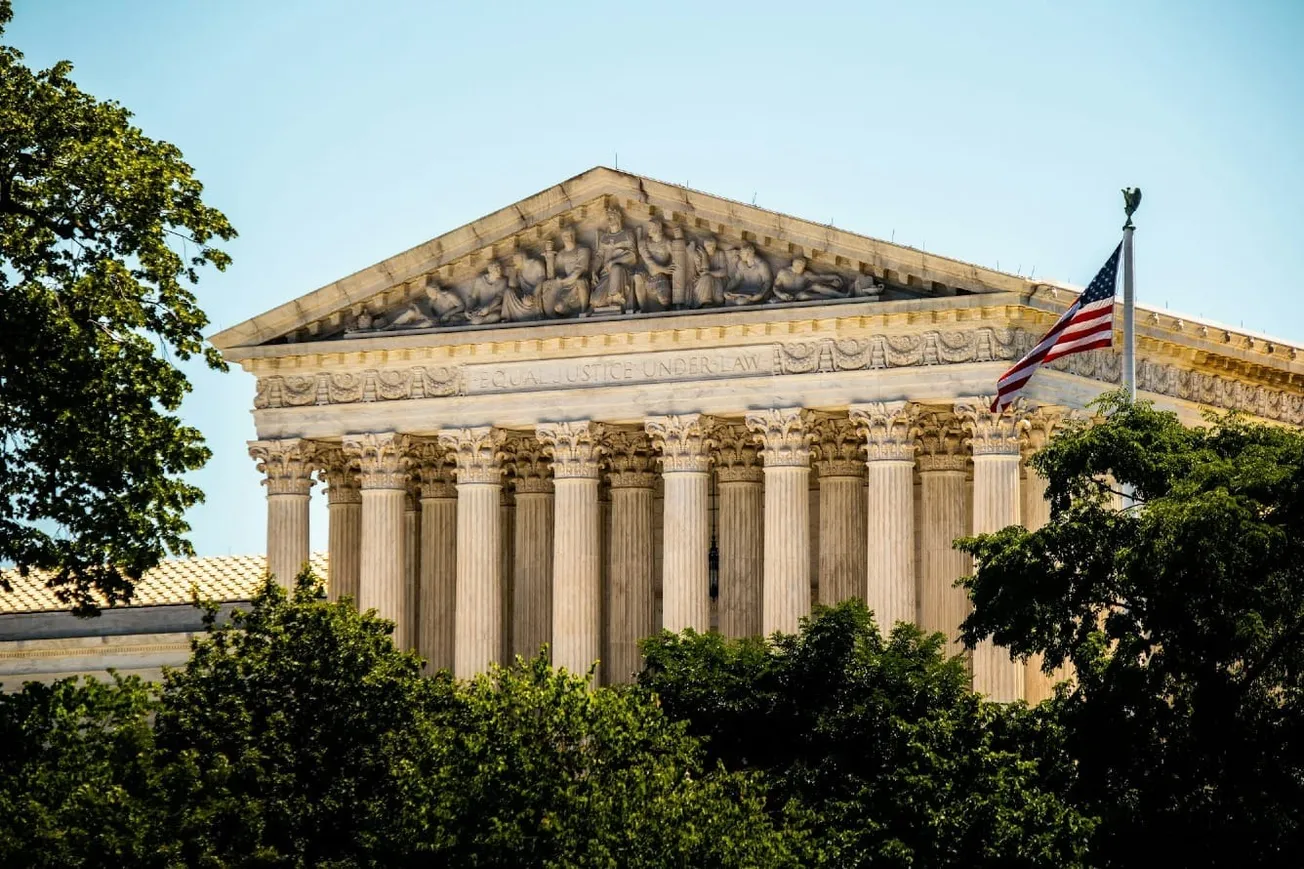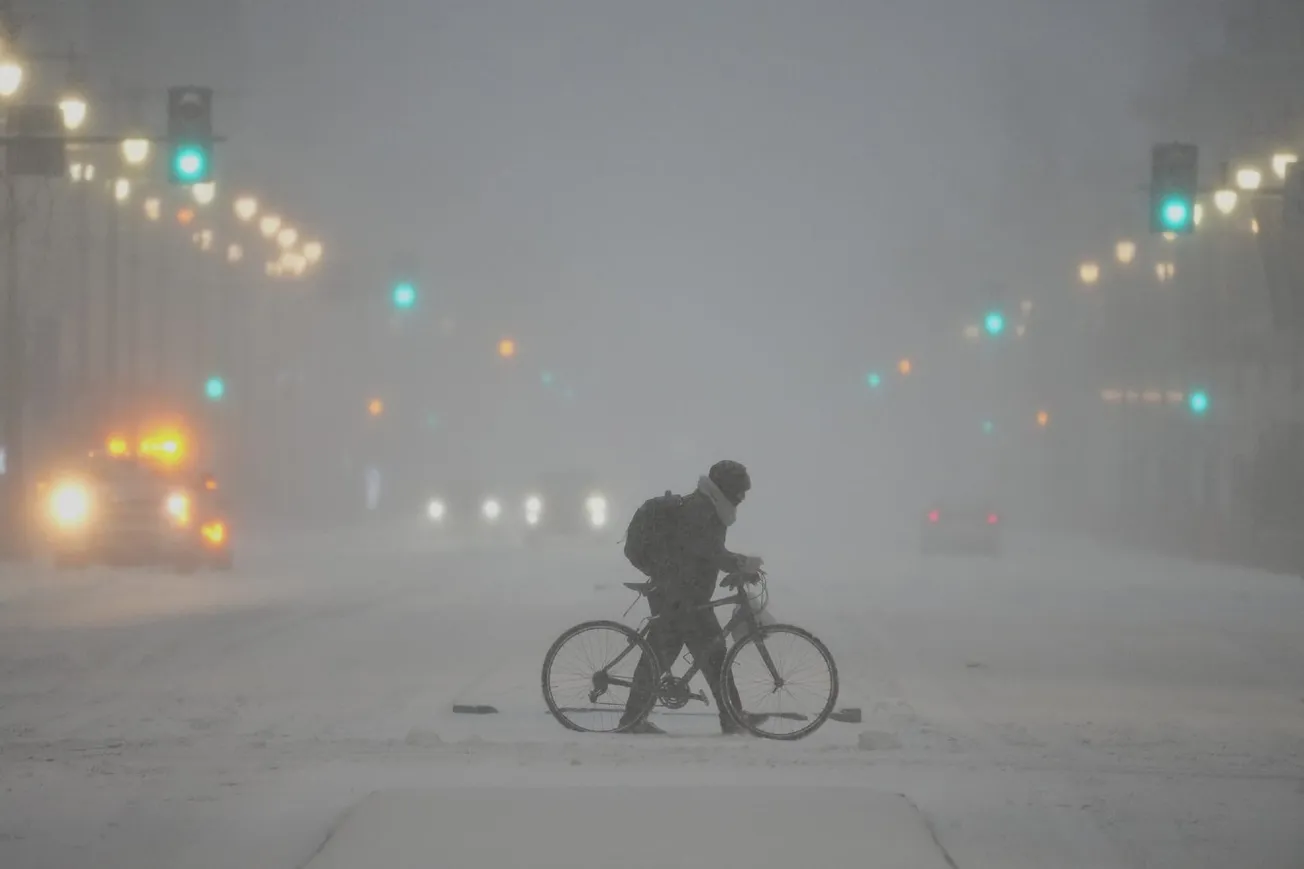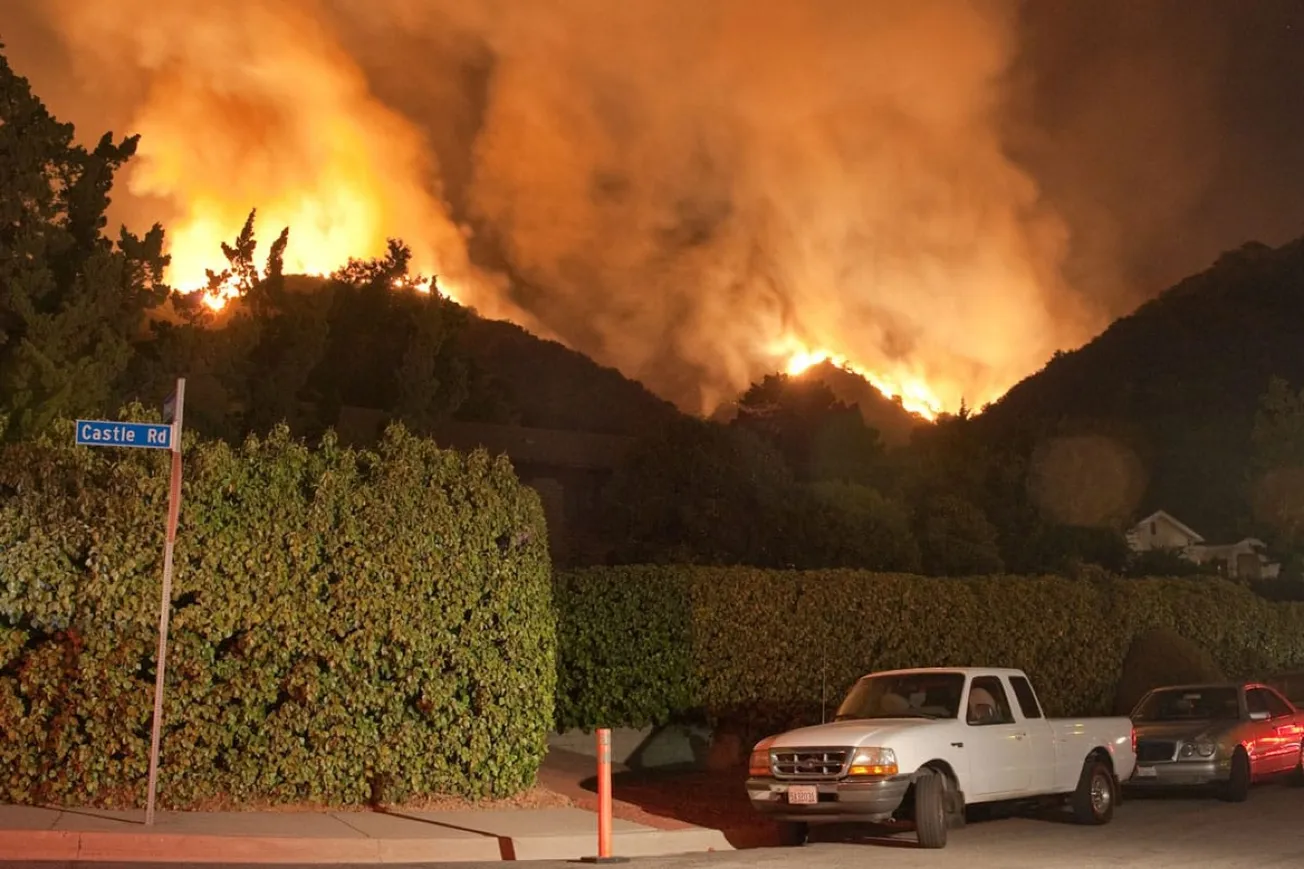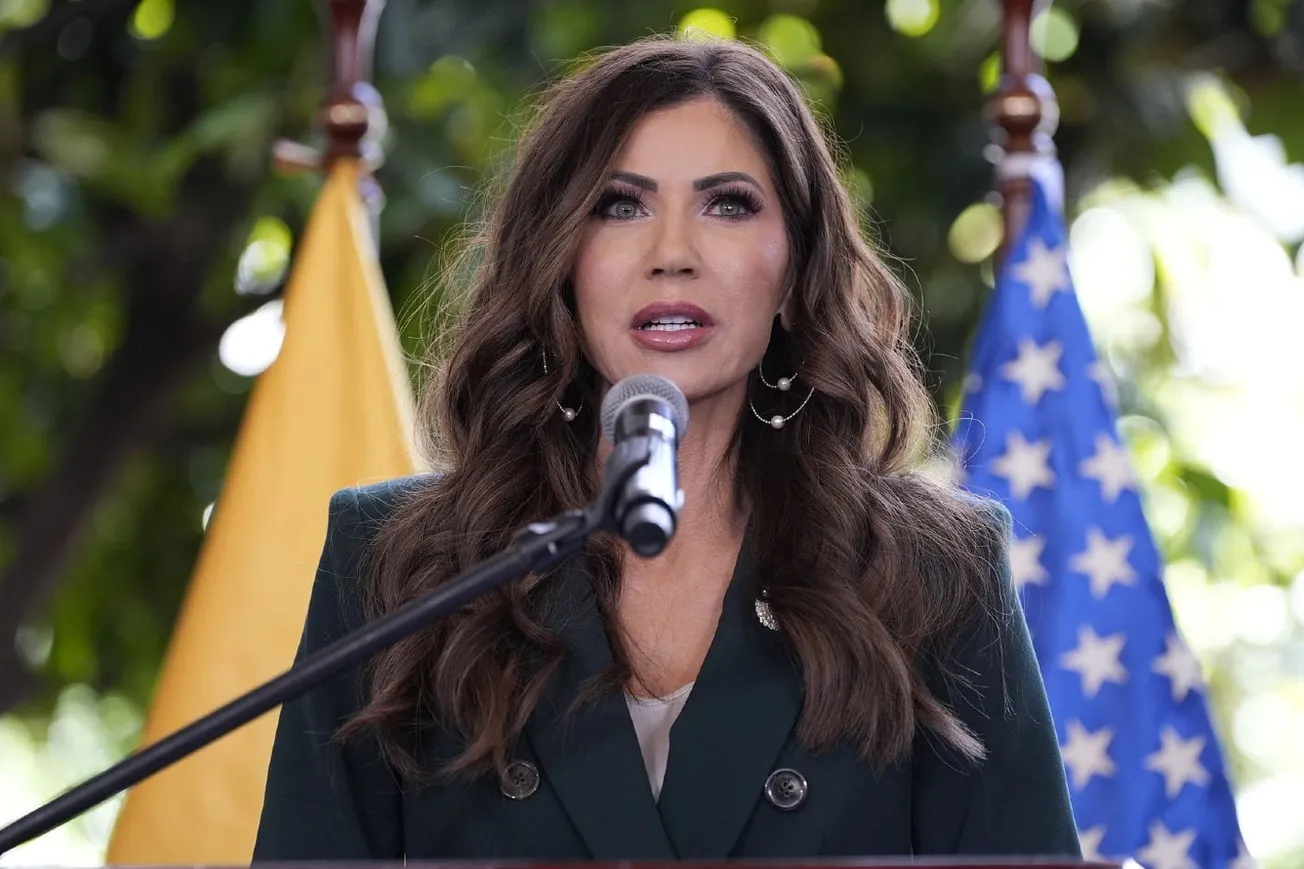The Biden administration and the Democratic regime that rules California and other states are so busy banning things that it’s hard to keep up with what’s allowed, what isn’t and what won’t be tomorrow or next year. Much of the black list is made up of high-profile targets, such as gasoline-powered automobiles, diesel engines, gas stoves and plastic straws. But the prohibitionists work in small ways too, and it all adds up.
Scolds and eco-temperance harpies never rest, their eyes always on the lookout for another modern convenience to outlaw. Having successfully interdicted single-use plastic bags in at least eight states, they’re now aiming for their only reasonable replacements: paper bags.
“Paper can’t be a solution to plastic waste,” says the headline of a recent story posted on Canada’s CTV News site. New Jersey enacted a paper bag ban last year, the first in the country, because, well, that’s just what blue states and cities do now: satisfy the deranged urges of petty tyrants.
The CTV story is as agenda-driven as any NPR article in the U.S. Various “experts,” “researchers” and activists screech and nag about “deforestation and forest degradation,” “increased pressure on the world’s forests” (caused by the plastic bag bans they have demanded), and “a really critical moment” in which “we need to take steps to keep forests standing.” One insisted that consumers have to “rethink and reorient themselves towards a reusable mind frame.”
One activist quoted in the report runs an Australian nonprofit that “works to protect the world’s forests by helping” retailers “ensure their packaging doesn’t rely on paper and is environmentally friendly.” According to her estimates, more than 3 billion trees, “many of which are old-growth and endangered,” are cut down “every year to make paper-based products like bags, straws and food containers.”
Leaving aside the definitions of “old-growth” and “endangered,” which can vary and are entirely subjective, let’s take a look at the logic, or lack thereof, in this statement. Does this activist and the many like her think that the industry will saw through entire forests with no thought to the future? That one day they’ll say, “well, we’ve cut down all the trees, what do we do now?”
Probably not. But she wants the consumers of her diatribes to believe it.
The truth is that the paper industry plants trees to replace the ones they harvest. In fact, “forests in North America grow significantly more wood than is harvested,” says Two Sides North America. Yes, it’s a nonprofit that represents companies that “span the graphic communications and paper-based packaging value chain.”
But what organization would have better data on logging and planting than one whose members are companies that … log and plant?
Furthermore, the trees used to replace the harvested wood grow fast.
“In North America, it takes less than two seconds to grow the fiber needed for a standard #10 envelope (on 100 acres of managed forests),” according to Two Sides.
The paper prohibitionists also don’t want the public to know that:
- According to a research paper in the science journal Nature, global “tree cover has grown by 2.24 million square kilometers — the size of Texas and Alaska combined — in the last 35 years.”
- “The U.S. has more trees now than it did 100 years ago.”
- Tree planting has never been so popular as it is today.
- There are more than 3 trillion trees on Earth, not 400 billion. That’s “seven times more than scientists previously thought,” CBS reported in 2015.
Today’s prohibitionists are a mix of eco-zealots, authoritarians, degrowth militants, Marxists, Karens, cranks, prigs, malcontents, virtue signalers and Gaia worshippers. They demand our obedience and take great pleasure in forcing us to conform to their whims. In their twisted minds, it’s their world and the rest of us are just a nuisance for living in it.
— Written by the I&I Editorial Board


